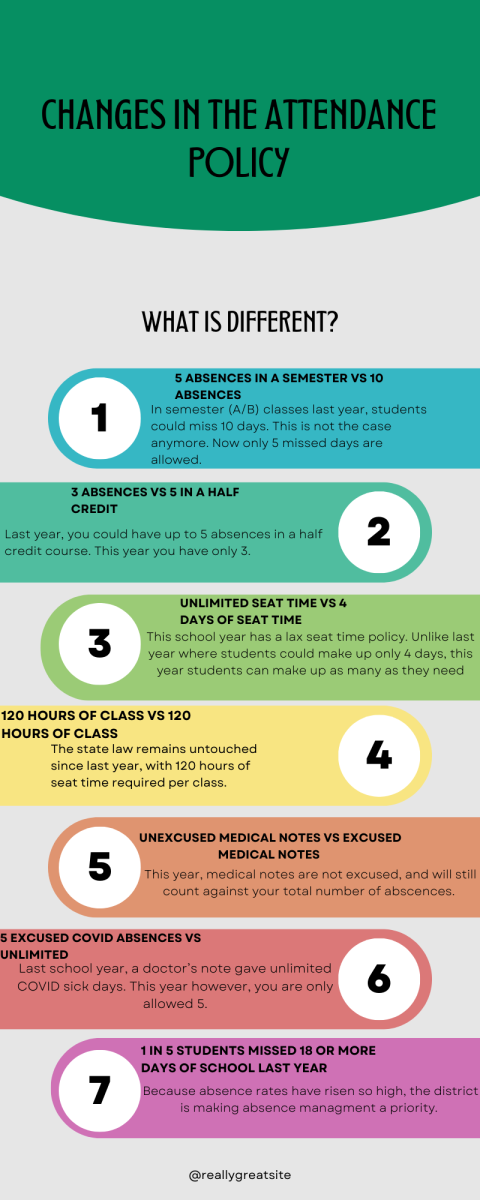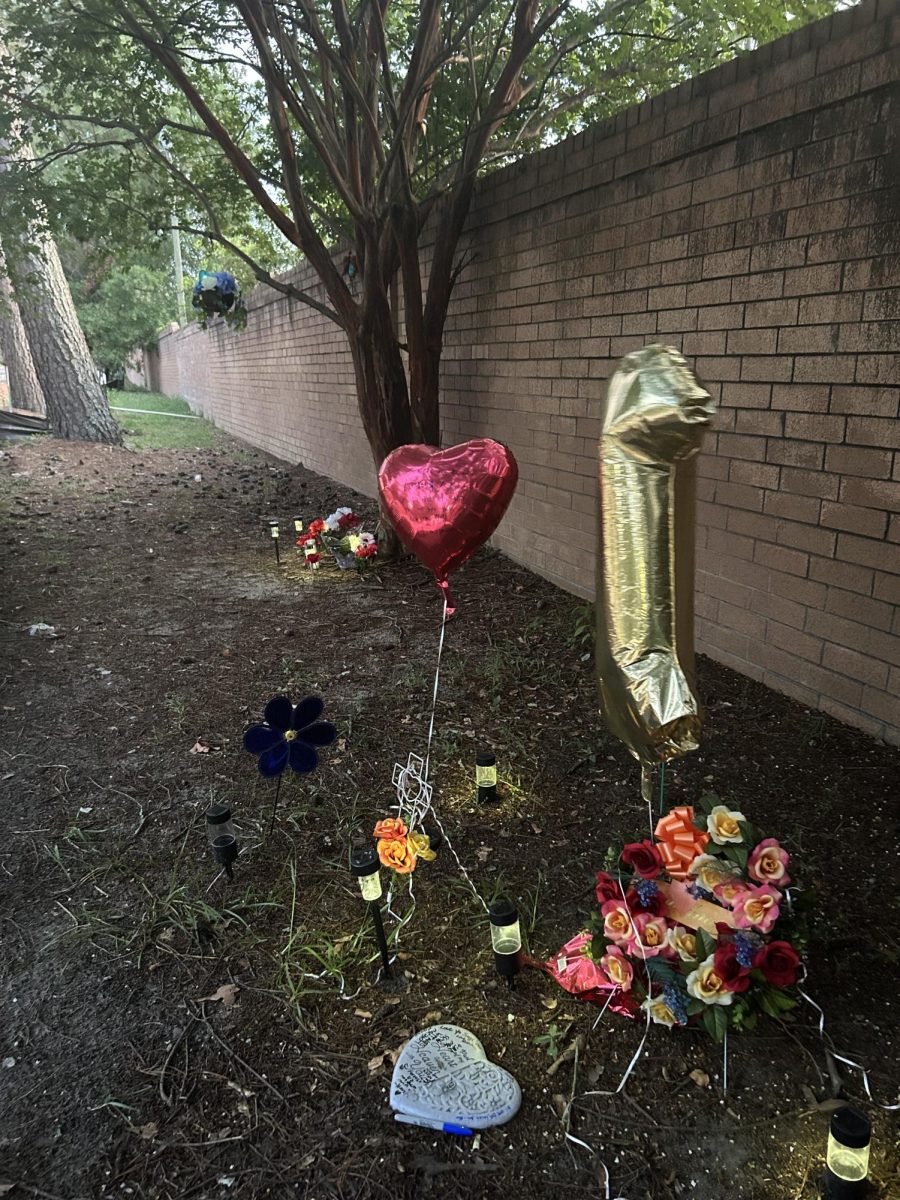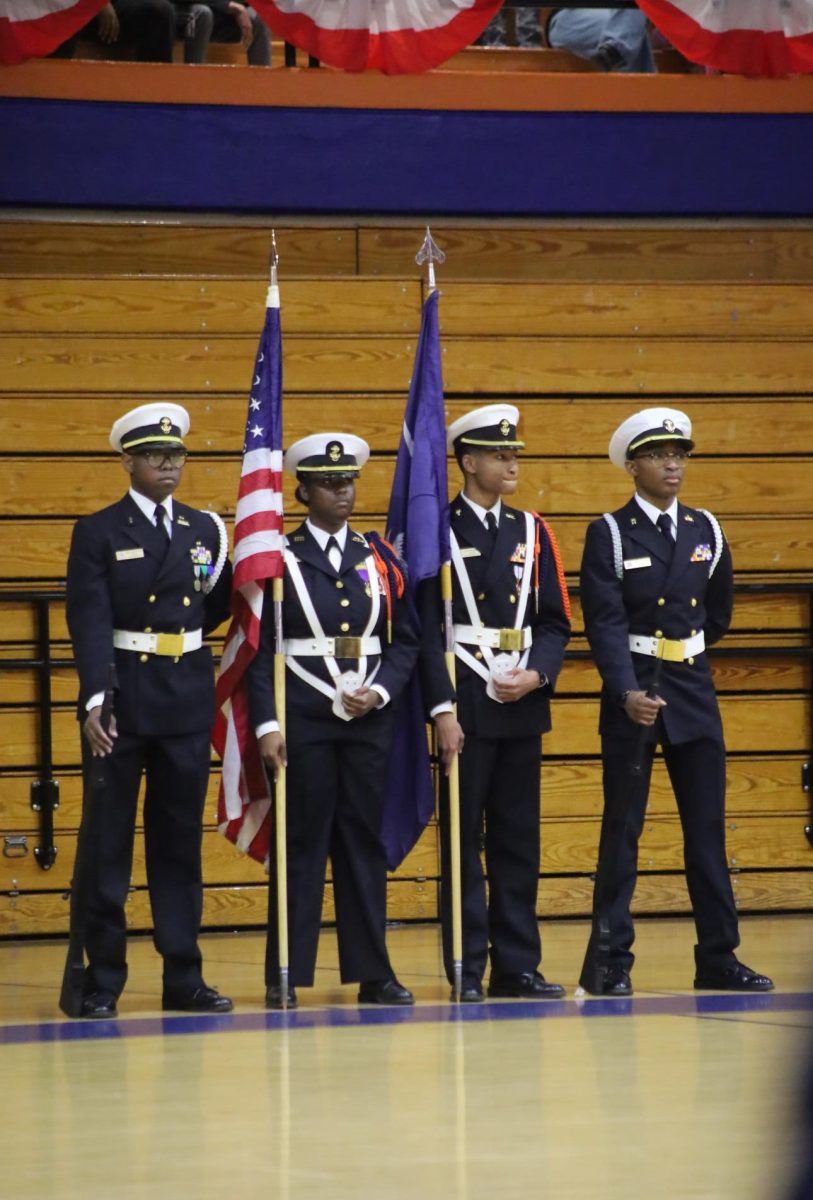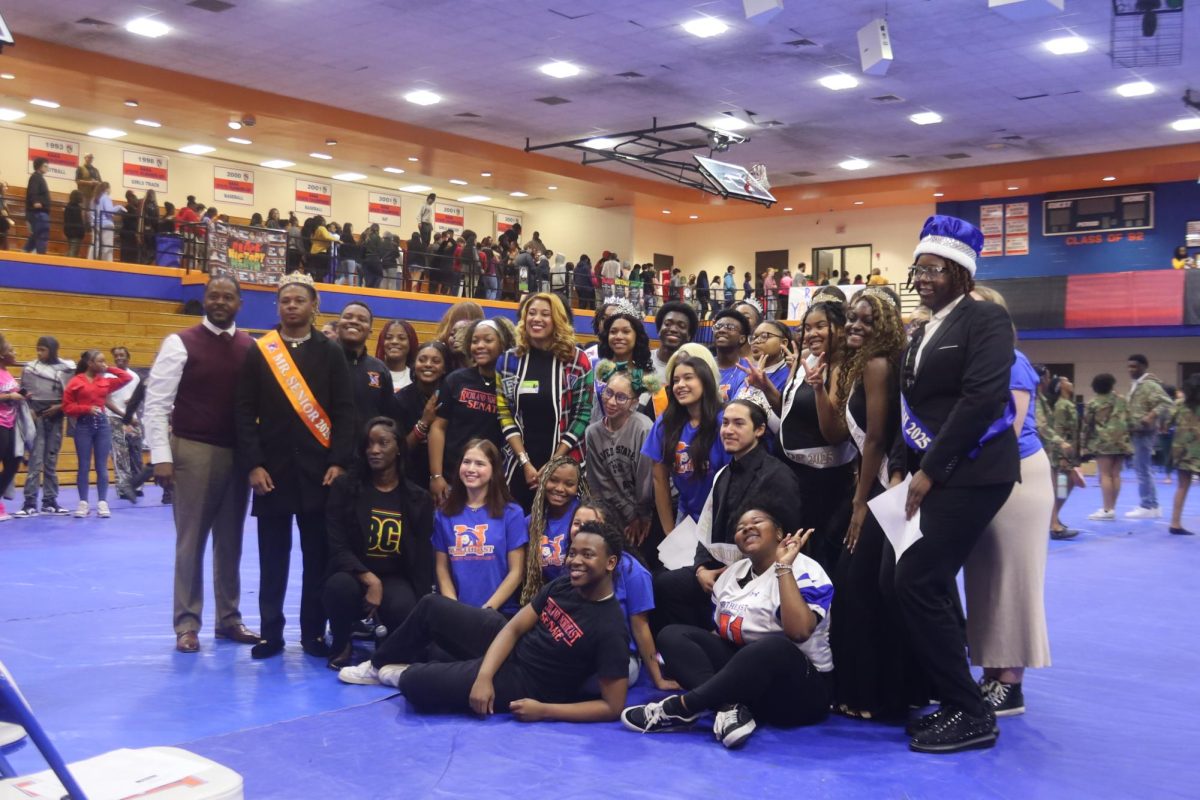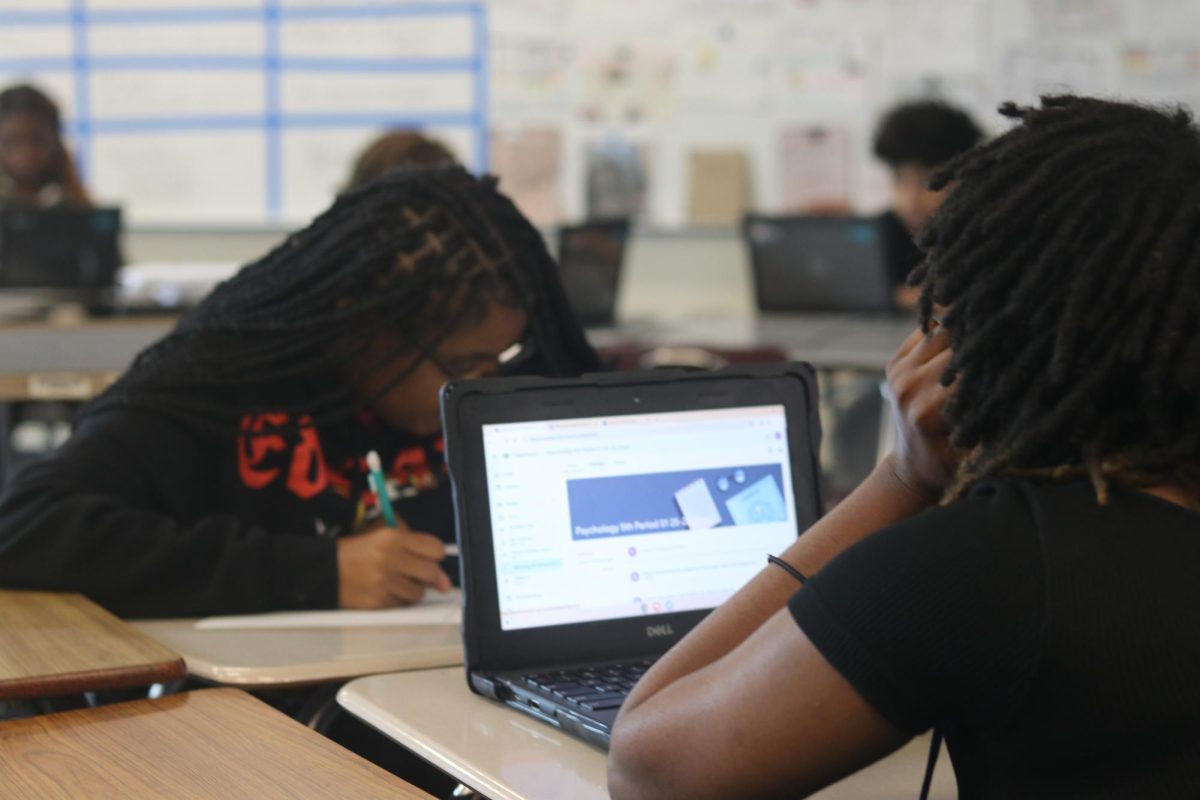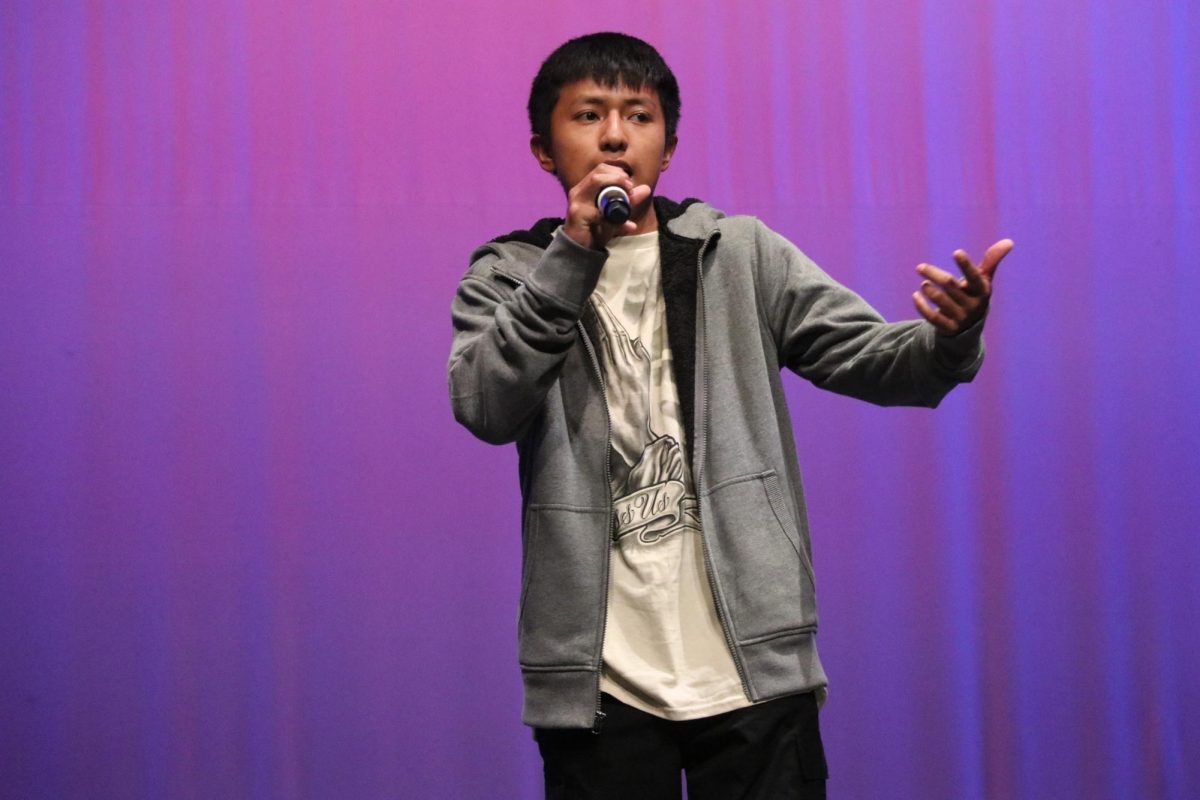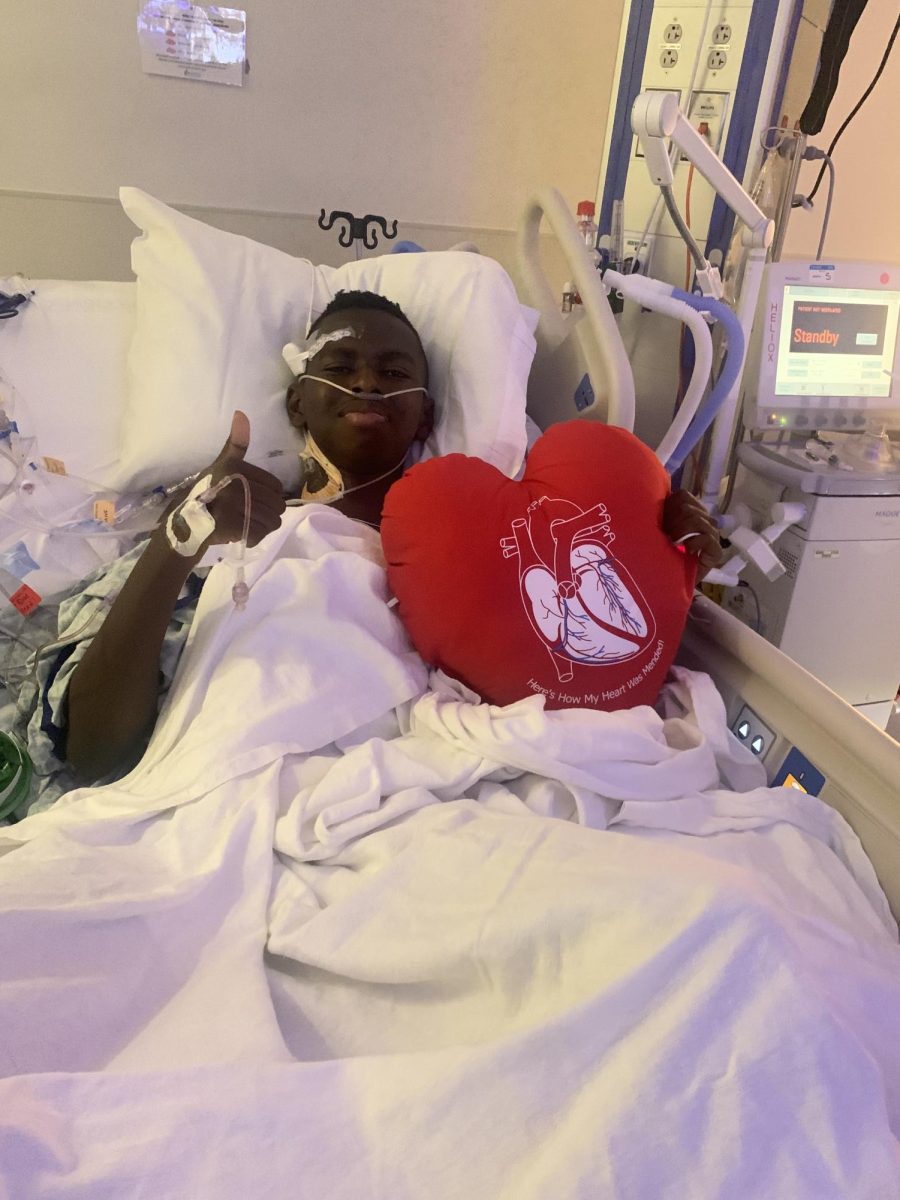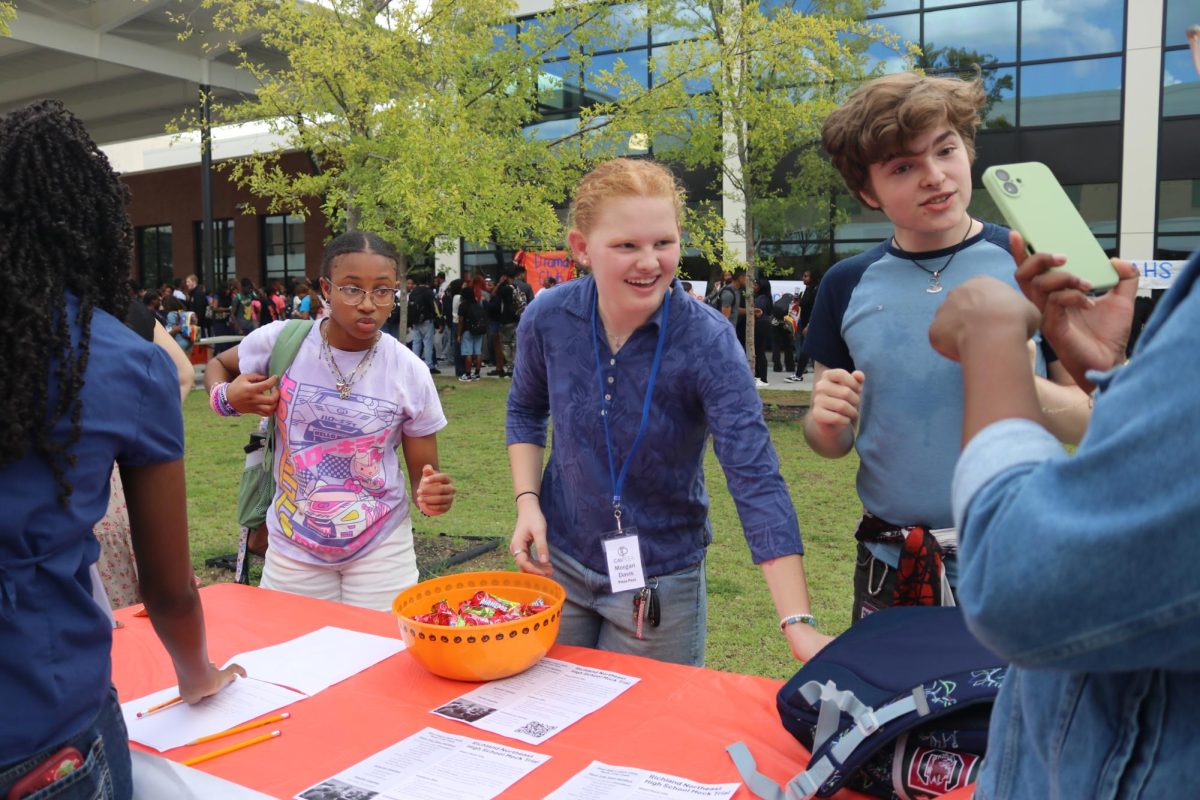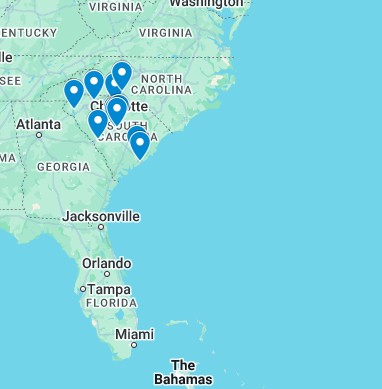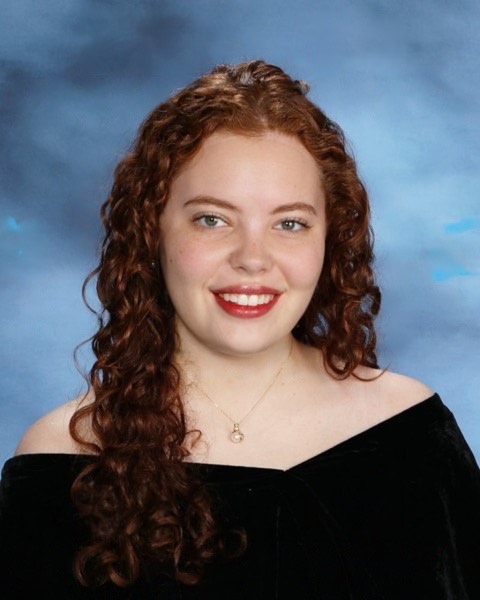A new district attendance policy went into effect this school year. This policy allows for five absences in a full credit course, and three absences in a half credit.
In a district effort to be more compliant with state law, the new policy does not allow for any medical excuses. However, the district did announce this past Friday that up to five days of COVID absences may be excused, as long as students turn in any assigned work.
The new policy was enacted in response to the chronic absenteeism seen throughout the school district.
“It’s now become an issue. It only became an issue after COVID, because COVID became really relaxed, people stopped going to school and once you stop, you have difficulty coming back,” RNE Assistant Principal Dr. Melissa Myers said.
In a statement released by Richland Two, one out of every five students missed over 18 days this past school year, which is what qualifies as chronic absenteeism.
“It’s 100% one of the [district’s] top priorities,” Myers added.
As part of this, the school is doing everything they can to raise attendance.
“We have picked awards for students who have not only perfect attendance, but who also have improved their attendance,” Myers said
If a student has more absences than the amount allocated for a course, they can recoup up to four of those absences through “seat time”. This would involve students coming to school on a Saturday, and doing coursework on the virtual platform “Edgenuity.”
“Edgenuity allows us to figure out how many hours you actually work. And then that is how we would credit,” Myers said.
However, many have expressed their concern and frustration over the new policy.
“I’m Jewish and there are a lot of Jewish holidays that interfere with my school schedule,” sophomore Tzipporah “Enn” Deutsch said. ”So I ended up missing, I think, last year, over 20 days because of these religious absences.”
Despite religious absences being excused, Deutsch still faced many problems last year, and fears the new policy will only exacerbate the issue.
Some are also concerned about student health, because the policy does not excuse illnesses other than COVID.
“I think it encourages people to go to school even though they’re sick,” Junior Iris Ferguson said. “It’s just a really bad decision.”
